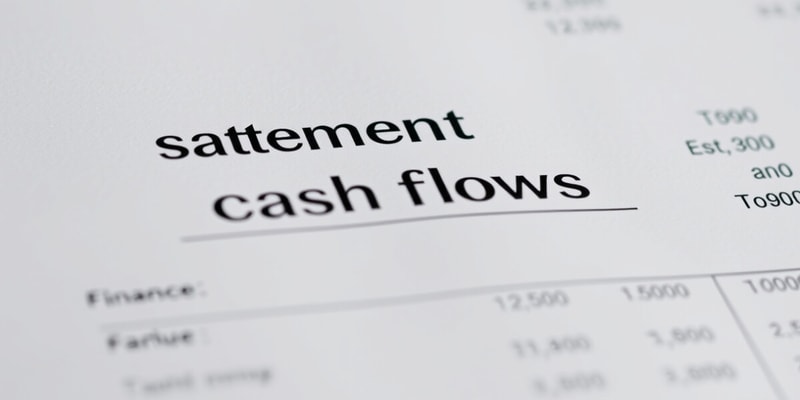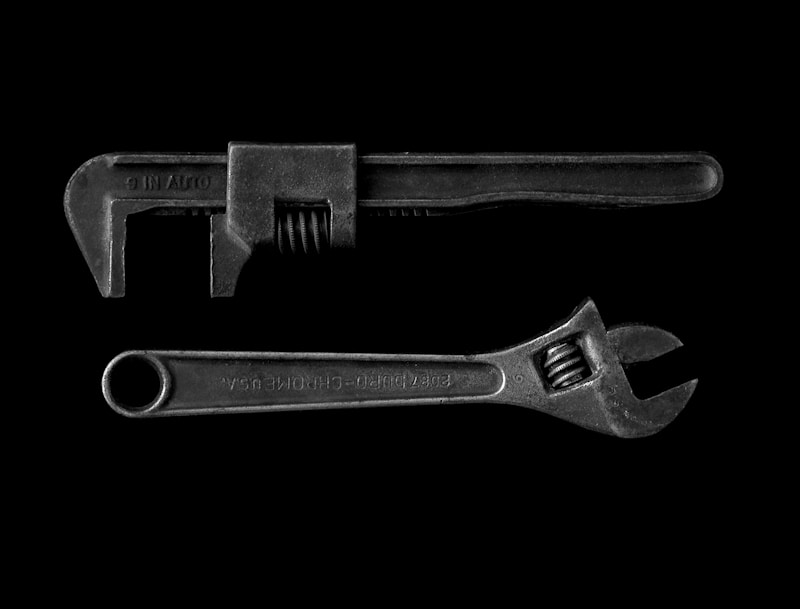Podcast
Questions and Answers
What is a Statement of Cash Flows?
What is a Statement of Cash Flows?
A financial statement summarizing cash transactions of a business during a given accounting period, classifying them under operating, investing, and financing activities.
Which of the following activities are covered in the Cash Flow Statement?
Which of the following activities are covered in the Cash Flow Statement?
The term 'cash' in the cash flow statement only refers to physical currency.
The term 'cash' in the cash flow statement only refers to physical currency.
False
The cash flow statement classifies cash transactions under three heads: operating activities, investing activities, and __________ activities.
The cash flow statement classifies cash transactions under three heads: operating activities, investing activities, and __________ activities.
Signup and view all the answers
Why is the statement of cash flows considered important?
Why is the statement of cash flows considered important?
Signup and view all the answers
What does 'net cash from operating activities' compare to?
What does 'net cash from operating activities' compare to?
Signup and view all the answers
What is the primary purpose of cash flows from investing activities?
What is the primary purpose of cash flows from investing activities?
Signup and view all the answers
Which of the following activities is NOT included in cash flows from investing activities?
Which of the following activities is NOT included in cash flows from investing activities?
Signup and view all the answers
When analyzing cash flows from investing activities, what kind of cash flows are considered?
When analyzing cash flows from investing activities, what kind of cash flows are considered?
Signup and view all the answers
Which statement correctly characterizes cash flows from investing activities?
Which statement correctly characterizes cash flows from investing activities?
Signup and view all the answers
In the context of cash flows from investing activities, which of the following is a cash outflow?
In the context of cash flows from investing activities, which of the following is a cash outflow?
Signup and view all the answers
What type of cash flow occurs when assets such as land, buildings, or equipment are purchased?
What type of cash flow occurs when assets such as land, buildings, or equipment are purchased?
Signup and view all the answers
Which of the following represents a positive cash flow in relation to long-term investments?
Which of the following represents a positive cash flow in relation to long-term investments?
Signup and view all the answers
Cash flows from investing activities primarily involve which of the following?
Cash flows from investing activities primarily involve which of the following?
Signup and view all the answers
In the context of investing activities, how is cash flow categorized when purchasing property, plant, and equipment?
In the context of investing activities, how is cash flow categorized when purchasing property, plant, and equipment?
Signup and view all the answers
What effect do financing activities have on a business's cash flow?
What effect do financing activities have on a business's cash flow?
Signup and view all the answers
Study Notes
Statement of Cash Flows
- A Statement of Cash Flows summarizes cash transactions over a specified accounting period, breaking them into three categories: operating, investing, and financing activities.
- Cash refers to both cash on hand and cash equivalents in the context of the cash flow statement.
- This statement elucidates cash movements, distinguishing between cash inflows (receipts) and cash outflows (payments).
Importance of the Statement of Cash Flows
- Provides essential information for assessing a company's liquidity, earnings quality, and solvency.
- Reveals business performance trends not immediately visible in income statements or balance sheets, especially when profit and cash flow figures diverge.
- Important for understanding discrepancies between reported income and actual cash generated from operations.
Essence of the Statement of Cash Flow
- Prepared under the accrual basis of accounting, income statements may show revenues not yet received or expenses not yet paid.
- The cash flow statement integrates this information, enabling a clearer financial picture for investors and business professionals.
Usage of the Statement of Cash Flows
- Comparing net cash from operating activities to net income helps gauge a company's financial health. Consistently higher net cash flow indicates better operational efficiency compared to earnings reported.
Long-term Investments
- Long-term investments include land, buildings, equipment, furniture & fixtures, and vehicles.
- Purchasing these assets results in a negative cash flow as cash is spent.
- Selling assets or collecting on loans generates a positive cash flow, improving the overall cash position.
Cash Flows from Investing Activities
- Cash flows from investing activities encompass cash transactions that aim to produce future income.
- Activities include the buying and selling of long-term assets, investments, and loan transactions.
- This section reflects how effectively a company is positioning itself for future cash flow generation.
Cash Flows from Financing Activities
- Financing activities involve cash flows that change a business's equity or borrowings.
- In an indirect cash flow statement:
- An increase in a liability account adds to income.
- A decrease in a liability account deducts from income.
Analyzing Cash Flow Statements
- Investors can assess a company's financial health and cash management capabilities through cash flow statement analysis.
- Insight into cash generation enables stakeholders to evaluate long-term stability and operational efficiency.
Formative Assessment Example
- Transactions can be categorized as Operating, Investing, or Financing Activities:
- Payment of Dividends: Financing Activity (FA), decrease in cash flow.
- Purchase of Building: Investing Activity (IA), decrease in cash flow.
- Payment of Tax: Operating Activity (OA), decrease in cash flow.
- Increase in Prepaid Insurance: Operating Activity (OA), decrease in cash flow.
- Increase in Inventory: Operating Activity (OA), decrease in cash flow.
- Gain on Sale of Plant Assets: Investing Activity (IA), increase in cash flow.
- Increase in Salaries Expense: Operating Activity (OA), increase in cash flow.
- Payment of Notes Payable (Principal): Financing Activity (FA), decrease in cash flow.
- Decrease in Accounts Receivable: Operating Activity (OA), decrease in cash flow.
- Proceeds from Sale of Land: Investing Activity (IA), increase in cash flow.
- Decrease in Accounts Payable: Operating Activity (OA), decrease in cash flow.
- Cost of New Plant Assets: Investing Activity (IA), decrease in cash flow.
- Payment of Interest on Notes Payable: Operating Activity (OA), decrease in cash flow.
- Issuance of Common Stock: Financing Activity (FA), increase in cash flow.
- Depreciation: Typically an Operating Activity (OA), non-cash entry.
Studying That Suits You
Use AI to generate personalized quizzes and flashcards to suit your learning preferences.
Description
This quiz explores the fundamentals of the Statement of Cash Flows, including its categories and significance in evaluating a company's financial health. Understand how cash transactions are categorized and the importance of distinguishing between cash inflows and outflows. Test your knowledge on how this statement reveals a company's liquidity and performance trends.




